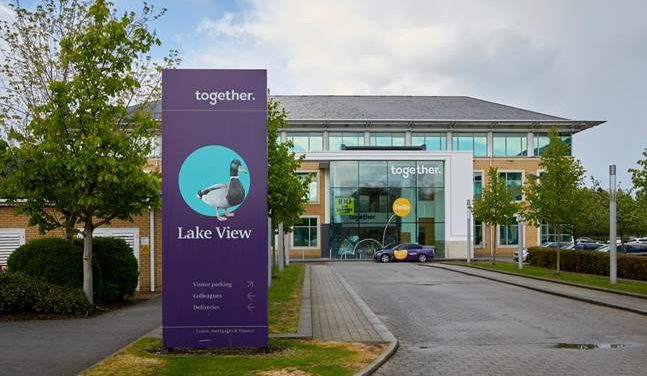Loan lifelines for business in Chancellor’s Winter Economy Plan
By Laura Miller
Businesses struggling with the economic impact of coronavirus have been handed more support through the extension of the government’s guaranteed loan schemes, part of a range of measures to get the country through the next wave of the pandemic.
Chancellor Rishi Sunak today announced the government is extending Bounce Back Loans, Coronavirus Business Interruption Loans, Coronavirus Large Business Interruption Loans and the Future Fund until 30 November.
A new Pay as You Grow system will give flexibility to businesses in repaying Bounce Back Loans. All borrowers will now have the option to repay their loans over a period of up to 10 years, up from six, reducing their average monthly repayments on average by almost half.
A business which took out a £30,000 Bounce Back Loan would see their average monthly repayments fall from £532 to £309 (a 42% reduction) if they repaid the loan over 10 years rather than six.
Businesses will also have the option to move temporarily to interest-only repayments for periods of up to six months, and to pause their repayments entirely for up to six months, after they have made their first six payments.
The same business could temporarily reduce their monthly repayments to just £63 if they switched to interest-only payments.
More than one million businesses have taken out a Bounce Back Loan, with an average loan size of £30,000, according to the Treasury.
The aim of the Chancellor’s changes – which brings the application deadline for the UK’s loan guarantee schemes into line with other European countries – is to boost businesses’ cashflow, enabling them to support and protect jobs and stave off a wave of redundancies ahead of the jobs retention scheme ending in October.
To further encourage companies to keep staff employed, today’s announcement also included a new emergency jobs scheme, to be implemented from November when the previous scheme ends.
The Jobs Support Scheme will mean workers get up to 77% of their normal salaries for six months. Employees will have to work for at least a third of their normal hours to quality for the new scheme.
Nearly three million workers, 12% of the UK’s workforce, are currently on partial or full furlough leave, according to official figures.
The Self Employed Income Support Scheme has also been extended to cover 20% of sole trader’s monthly income.
The Chancellor has scrapped an Autumn Budget, choosing to focus instead on these immediate measures to prop up the economy and keep more people in work.
But Joshua Elash, director of property lender MT Finance, said contrary to the Chancellor’s assertions, “now is exactly the time to lay out a long-term plan so as to prevent us from continuing to lurch from one expensive knee-jerk reaction to another”.
The government’s job support scheme “won’t protect viable jobs in the long run, and it certainly won’t create jobs; it’s simply helping create a zombie economy”, he said.
Instead the Chancellor should be investing to improve and create safer travel and working conditions in a way which would leave a positive legacy, Mr Elash added.
“The Chancellor’s approach is to defer tax repayments, and to hand out cash, feeding inefficiency, which is only going to postpone and further aggravate what is going to be a significant recession. This is not sustainable.”
A VAT cut for hospitality and tourism companies will also be extended until March. The cut from 20% to 5% VAT – which came into force on 15 July – had been due to expire on 12 January next year.

Laura Miller is a freelance journalist who writes about money and business. She regularly appears in UK national and trade newspapers and magazines, and has previously worked for ITV News and the Telegraph among others. Find her on twitter @thatlaurawrites











You must be logged in to post a comment.